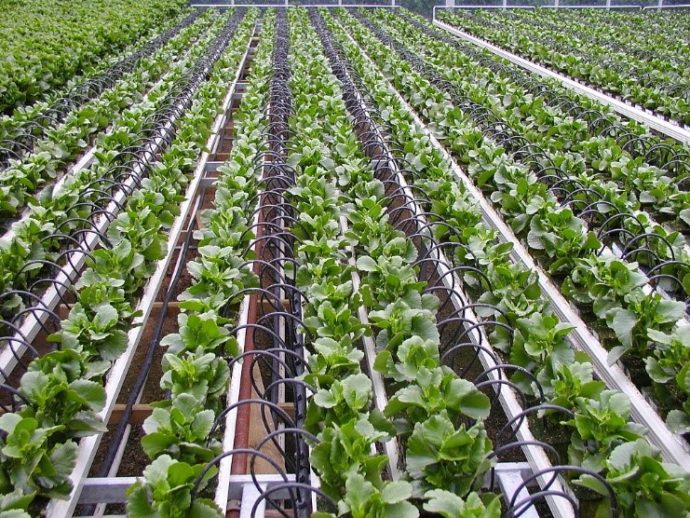As introduced in “The future of skills in the Agro-Tech and Agro-Food sectors” (http://sparkle-project.eu/the-future-of-skills-in-the-agro-tech-and-agro-food-sectors), the way how technological innovations are affecting and will affect the labor market, in relation to the skills and competences, is being studied by The European Training Foundation (ETF). The team of Erre Quadro s.r.l. and the Fondazione Giacomo Brodolini is carrying out this analysis.
Among different economic sectors and countries analyzed, below is an extract of the results arisen from the analysis on emerging technologies in Israel in the agritech sector. Findings are obtained thought patent and data analysis techniques and validated by interviews with companies and stakeholders.
Although it is one of the most water-scarce countries in the world, over recent decades Israel has achieved water security through some key innovations in water management. The focus of innovation has been on precision agriculture which increases agricultural production by improving growing processes and the crops quality.
The research reveals that multiple technologies can address agri-tech problems in Israel: alongside technologies related to digitization (e.g. image acquisition, big data analysis), more conventional technologies (e.g. tractors, irrigation systems) maintain their continuing importance in the sector.
Among the latter, one of the most active technology adopted is the drip irrigation system: a micro-irrigation system with the potential to save water and nutrients by allowing water to drip slowly to the roots of plants. The goal is to place water directly into the root zone and minimize evaporation.
Currently, 9% of farms in the world are irrigated with precision techniques such as drip irrigation, due to the absence of pressurised water or electricity. Given the increasing water shortages in the world as a result of global warming, the wider application of drip irrigation could have a profound impact from both technological and societal perspectives.

